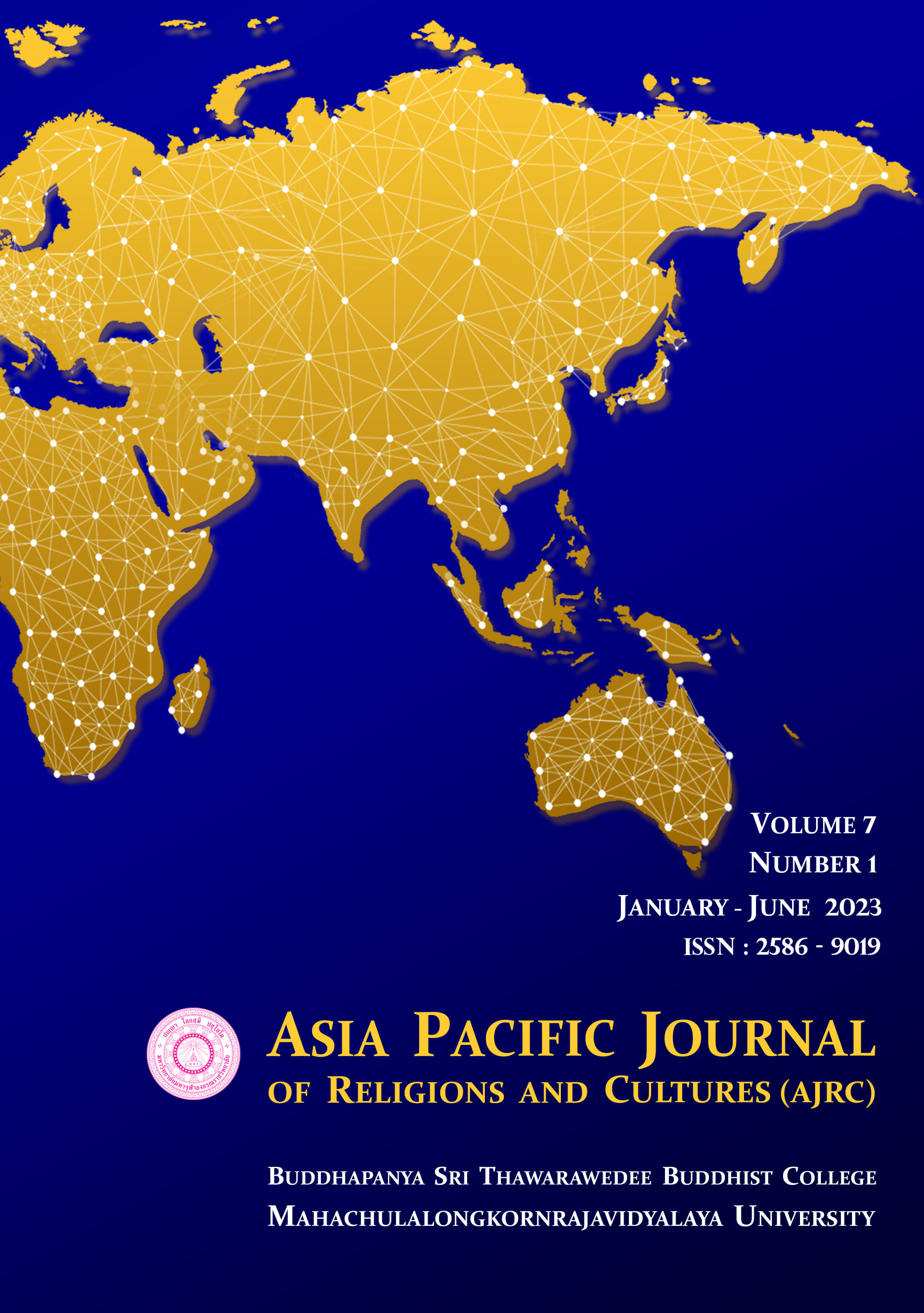THE INFLUENCE OF ORGANIZATIONAL INNOVATION CLIMATE ON THE INNOVATION BEHAVIOR OF SPORTS COACHES IN CHINESE UNIVERSITIES
Main Article Content
Abstract
An online survey was conducted at 26 universities located in Shanxi Province, China, to investigate the effects of organizational innovation climate, individual learning ability, and internal work motivation on coaches' innovation behavior. A questionnaire was used to collect data from coaches in Shanxi Province, and a total of 486 responses were considered complete and available for analysis. The SPSS program and AMOS were applied to analyze the effects of organizational innovation climate on coaches' innovation behaviors, and the mediating roles of individual learning ability and internal work motivation between organizational innovation climate and coaches' innovation behaviors, respectively. The results of the study reiterated the previous findings that organizational innovation climate has a significant effect on innovation behavior. In addition, individual learning ability and internal work motivation mediated the effect between organizational innovation climate and coaches' innovative behavior, respectively. These findings provide a knowledge base for future research, and the results of this study are expected to provide guidelines for the development of competitive sports in Shanxi Province.
Article Details

This work is licensed under a Creative Commons Attribution-NonCommercial-NoDerivatives 4.0 International License.
References
Amabile T M, Hill K G, Hennessey B A, et al. (1994). The Work Preference Inventory: assessing intrinsic and extrinsic motivational orientations. Journal of Personality social psychology ,66(5),950.
Appelbaum E, Bailey T, Berg P, et al. (2000). Manufacturing Advantage: Why High-Performance Work Systems Pay Off. London: ILR Press,56.
Appelbaum, E., Bailey, T, Berg, P., et al. (2000). Manufacturing Advantage: Why High Performance Work Systems Payoff Cornell University Press,27.
Appelbaum, E., Bailey, T, Berg, P., et al. (2000). Manufacturing Advantage: Why High Performance Work Systems Payoff Cornell University Press,27.
Chen, G. K. (2018). Human learning ability in complex changing environments: concepts, models, measurements and implications. Chinese Management Science ,16(1),11.
Huang, Chi-Kai. (2014). A study on the relationship between organizational innovation climate perception, individual innovation behavior, self-efficacy perception and problem solving patterns in the banking industry. Kaohsiung: National Sun Yat-sen University.
M, Amabile T. (1996). Creativity in context: Update to "the social psychology of creativity". Westview press.
Qiu, Hao Zheng & Chen, Yan Zhen & Lin, Bi-Fang. (2019). Development and validity of the organizational innovation climate scale. Journal of Measurement 56(1),69-97.
Sun G., &Sun J., &Li S. Dan. (2019). A study on the competency of physical trainers. Journal of Sports Culture, (3),46-49.
Xu, N. & Zong, C. W. (2011). A study on the performance evaluation index of grassroots coaches in China. Journal of Chengdu Institute of Physical Education 24(3),397-399.


